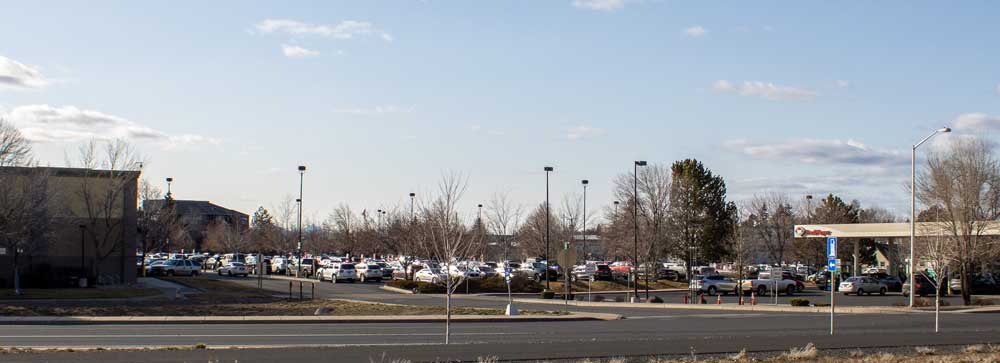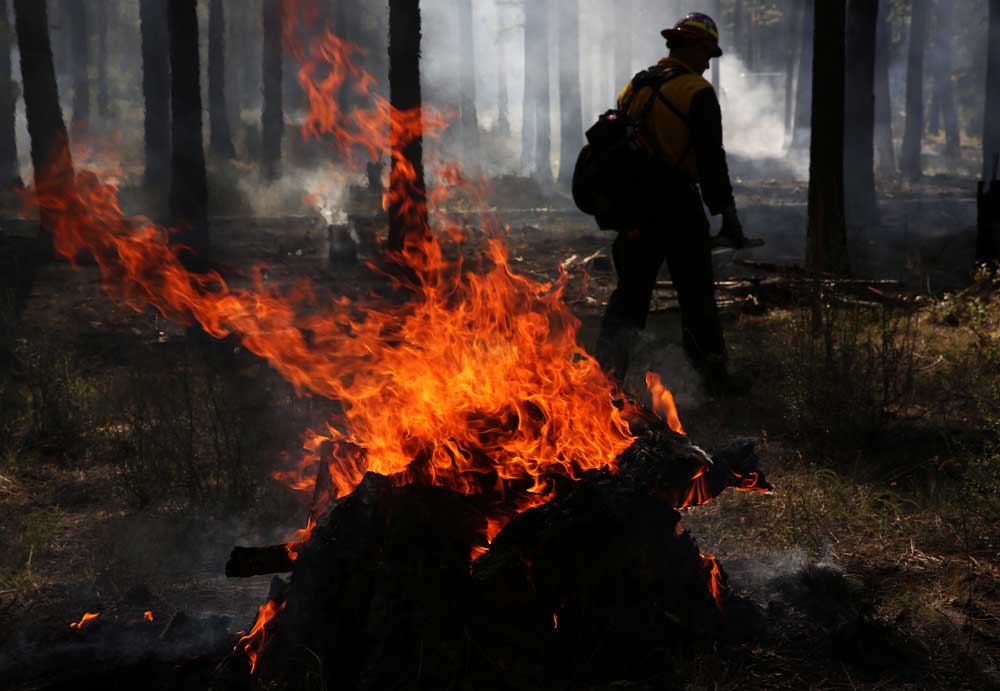Column: Paris Olympics highlight urgency of college sports reform
Published 7:30 am Thursday, May 30, 2024

- Heather Wolf
We will soon witness athletes from nearly every country convene in the City of Light to compete in the 2024 Summer Olympics. Every four years, this global event provides viewers the thrilling opportunity to cheer on their country and behold various sports competitions. Few events instill national pride like seeing fellow citizens competing and winning at the highest athletic levels.
As the most decorated Olympic medal-winning nation in history, the United States will boast a team roster of more than 500 athletes in July. The journey for each U.S. Olympic athlete to Paris required grit, determination and passion. While each athlete’s journey has been different, a common thread exists among many U.S. Olympians: the vast majority competed in a college sports program.
Consider that in the 2020 Tokyo Olympics, 80 percent of U.S. athletes were college athletes before they became Olympic athletes. From fencing to volleyball, the variety of sports programs offered at the collegiate level helps ensure that future Olympians receive the best training possible before competing internationally. In fact, we often see former college athletes return to their universities for training as they prepare for the Olympics.
However, the college-to-Olympics pipeline is now at risk. Due to court rulings and varying laws from state to state, college athletics is facing an uncertain environment with ever-changing guidelines, particularly around name, image and likeness (NIL) and National Labor Relations Board (NLRB) outcomes like those at Dartmouth College that seek to classify student-athletes as employees.
In recent years, dozens of states have enacted NIL laws once student-athletes were allowed to benefit from their personal brands. At the same time, California continues to press for a mandatory revenue-sharing law for college athletics. Without clear federal standards, stakeholders have encountered a regulatory landscape that disadvantages certain athletes and programs.
To make matters worse, courts across the country have undermined the one body that traditionally oversees NIL disputes: the NCAA. In February, the U.S. District Court for the Eastern District of Tennessee prohibited the NCAA from enforcing its policies on recruitment and transfers. As a result, college sports are left in a tenuous position with no entity or universal rules left to govern them.
How exactly could these changes affect Olympic sports? To start, many Olympic non-revenue programs will lose funding if athletes are classified as employees or state legislatures move forward with revenue-sharing laws. These developments will affect many Summer Olympic sports, such as track and field, gymnastics, and swimming. Many of these programs have already faced budget cuts that threaten their sustainability.
Worse yet, some schools could see their non-revenue programs cut entirely due to the changing college sports landscape. An NCAA report revealed that universities have eliminated 289 teams nationwide in the last four years. We can safely expect these numbers to rise even further if the status quo with NIL remains or if student-athletes are classified as employees.
As we count down the days to the Summer Olympics, now is the time for Congress to pass meaningful, common-sense reform to protect our proud legacy of Olympic success — and secure the future of college sports. When Americans root for Team USA, they won’t do so as Republicans or Democrats but as proud citizens. It’s up to lawmakers from both parties and chambers to safeguard this cherished tradition.
Thankfully, recent developments in Congress represent a step in the right direction.
For instance, a bipartisan group of senators — Cory Booker, D-N.J., Jerry Moran, R-Kan., and Richard Blumenthal, D-Conn. — introduced legislation to preempt the patchwork of state NIL laws and prioritize the academic identity and well-being of student-athletes. Sen. Ted Cruz, R-Texas, similarly proposed a bill establishing national NIL standards and prohibiting employment status for student-athletes. Moreover, a recent congressional hearing on NIL discussed the need to preserve our precious Olympic sports programs.
As encouraging as these draft bills and public statements are, lawmakers need to act now to secure the invaluable opportunities that college sports provide young people — from earning a college degree to competing for a gold medal.
Hailing from all corners of the country, our Olympians will once again make us proud to be Americans this summer. The least we can do is ensure the next generation of Olympians have the same opportunities to hone their skills through the collegiate athletic experience. That starts with federal NIL reform that levels the playing field for all sports, all universities, all jurisdictions and — most importantly — all athletes.









